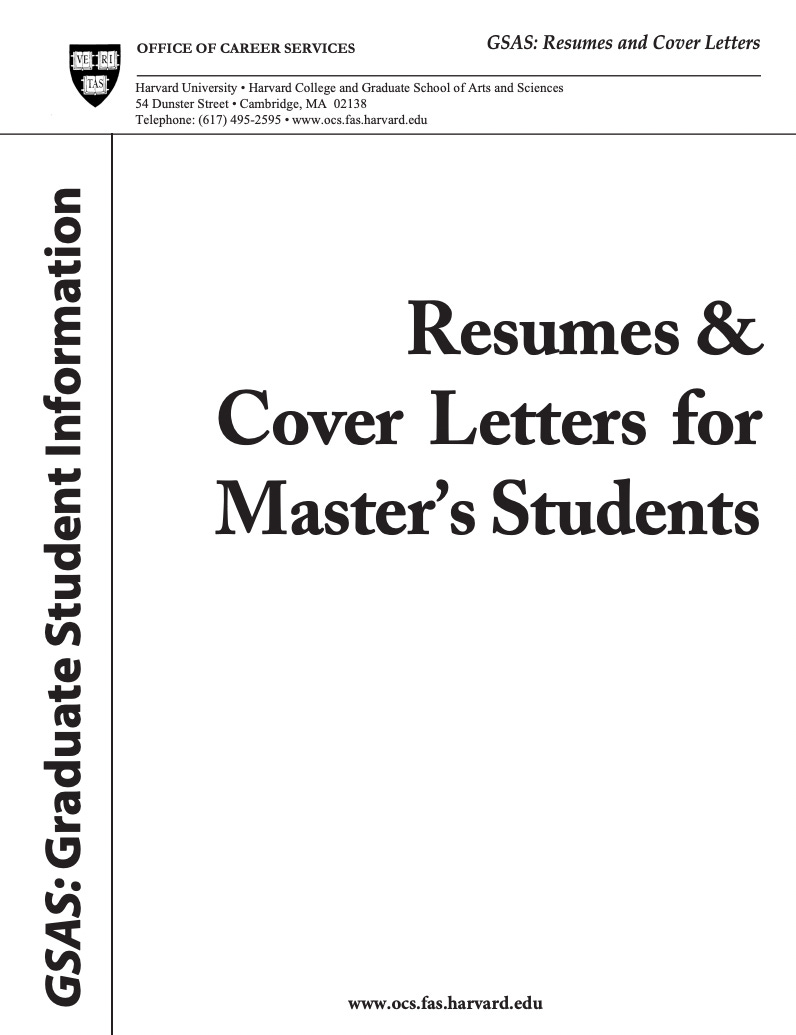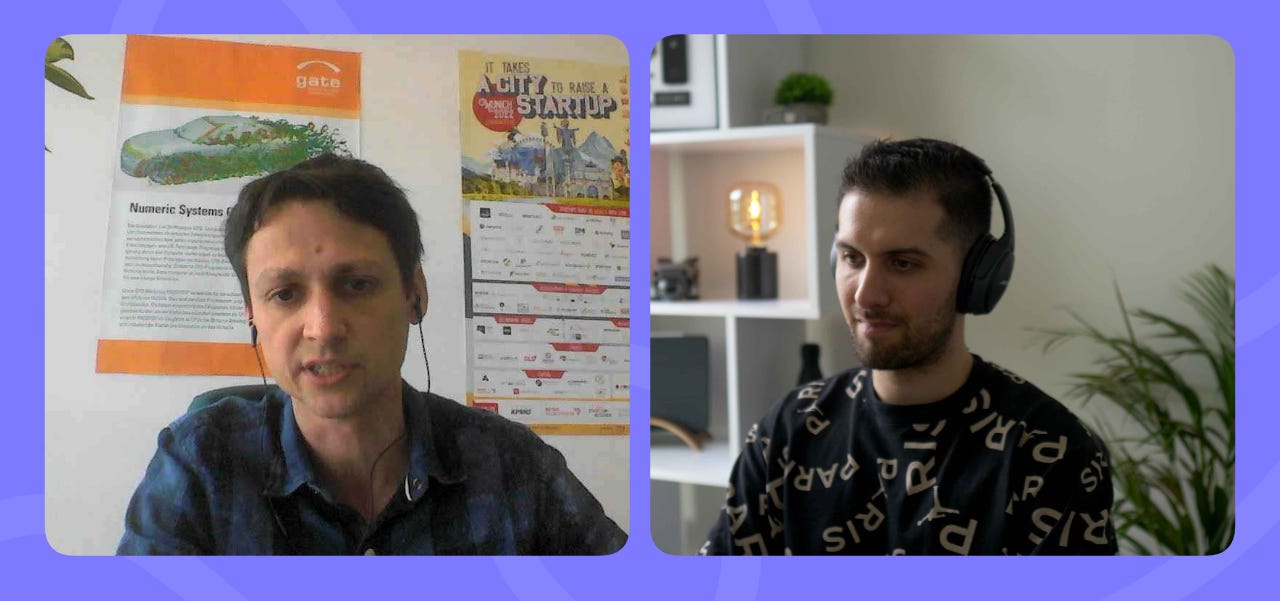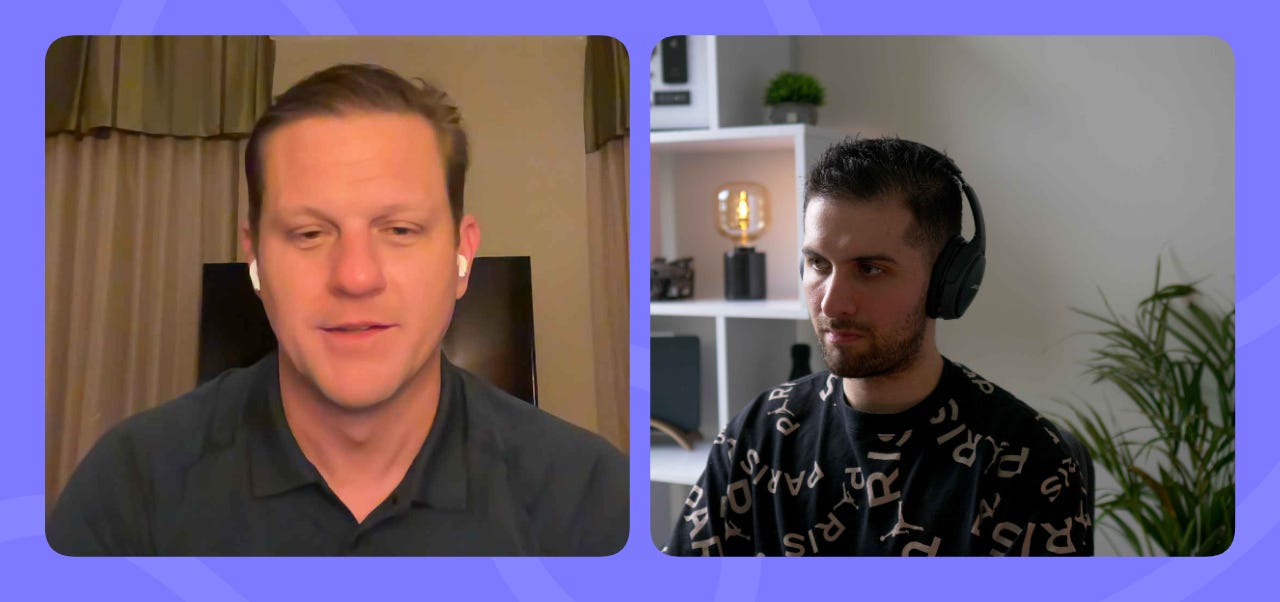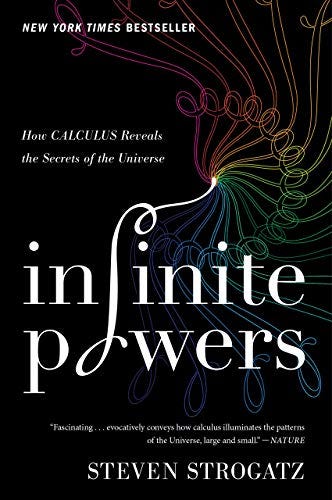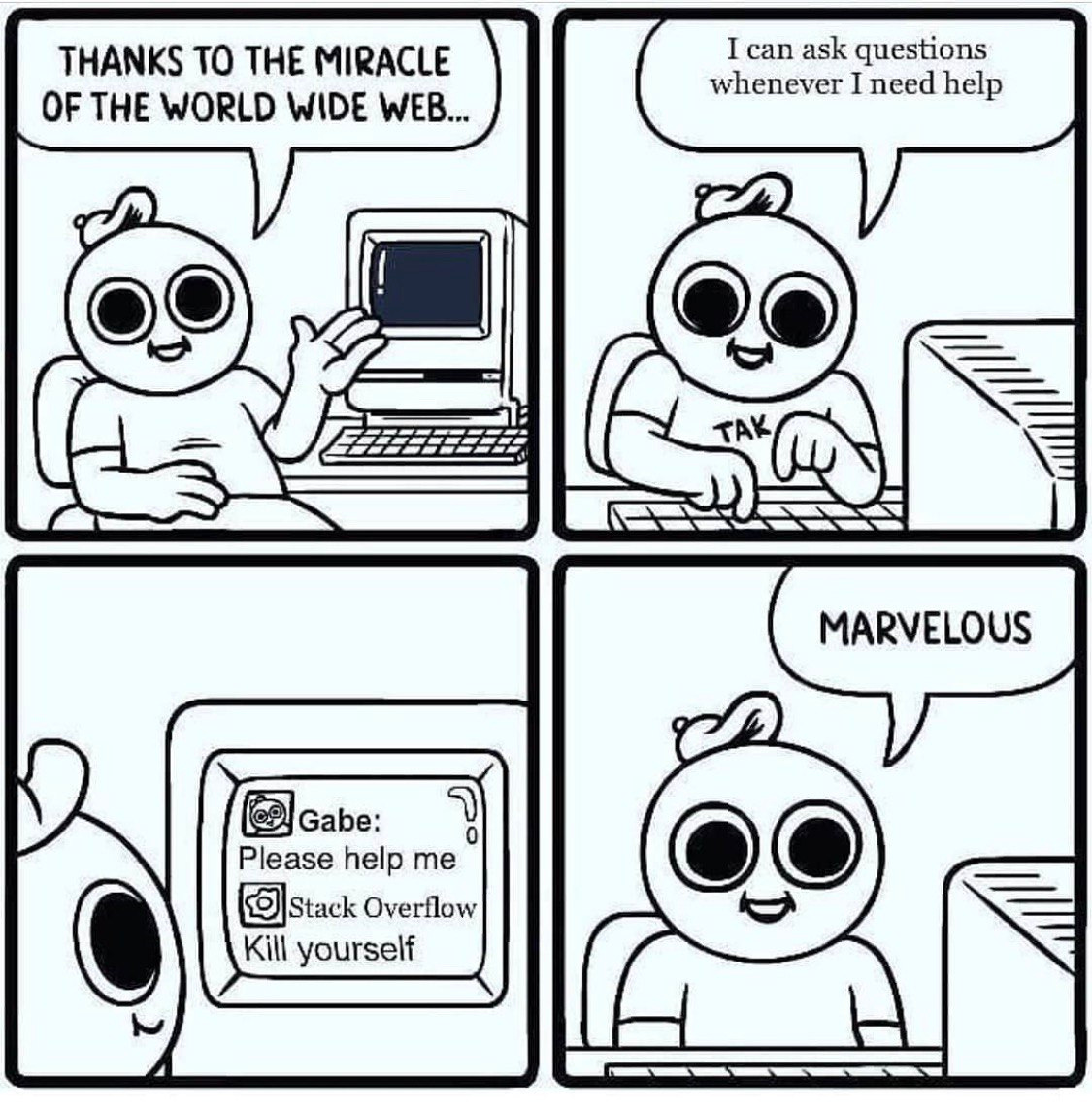Hey friends! Welcome to the Sunday Science Newsletter – in this newsletter we explore & discuss strategies, systems & tools that help us become better, smarter and more effective scientists, gadgeteers and thinkers.
❤️ Weekly Favourite Things
🎬 My Favourite Video
Courses – Explore your creativity with classes in illustration, photography, design, productivity and more!
🧠 Resumes & Cover Letters for Master’s Students
A resume is a brief, informative summary of your abilities, education, and experience. It should highlight your strongest assets and skills, and differentiate you from other candidates seeking similar positions
Although it alone will not get you a job or internship, a good resume is an important step toward obtaining an interview. Be sure to tailor your resume to the type of position you are seeking
It is important to think about your reader. Let’s say you are receiving a master’s degree in data science and are applying for quantitative positions in investment banks and generalist positions in big consulting firms. You will want to target each resume to the specific employer
Stick to a common font like Times New Roman or Ariel, and avoid text boxes, underlining, or shading. Font size should be between 10 and 12 point, and kept consistent throughout the document. Margins should be equal all the way around the page, and should be at least three quarters of an inch in size.
🎙️ The Lattice Boltzmann Method & Cloud-Native Simulations Using OnScale
This week, I had the pleasure to interview Eugen Riegel on the Lattice Boltzmann Method and Ian Campbell on his cloud-native solution OnScale this Friday. Make sure to not miss these episodes on my channel.
🧠 Learning how to learn | Barbara Oakley | TEDxOaklandUniversity
💻 Engineering Tool of the Week – OnScale Solve
OnScale Solve UI is cloud-native and built on the latest web browser technology, thus facilitating an efficient, intuitive simulation workflow and delightful user experience:
Meshing operations are fully automated allowing the user to concentrate on the simulation problem at hand.
From within the UI the user is able to interact with all of the simulation results data stored on the cloud, accessing only the data needed to generate charts, tables, images, and animations.
Team and project dashboards are available to efficiently navigate simulation studies and manage core-hour usage.
📚 Book of the Week
Infinite Powers: How Calculus Reveals the Secrets of the Universe
Infinite Powers recounts how calculus tantalized and thrilled its inventors, starting with its first glimmers in ancient Greece and bringing us right up to the discovery of gravitational waves (a phenomenon predicted by calculus). Strogatz reveals how this form of math rose to the challenges of each age: how to determine the area of a circle with only sand and a stick; how to explain why Mars goes "backwards" sometimes; how to make electricity with magnets; how to ensure your rocket doesn't miss the moon; how to turn the tide in the fight against AIDS.
🙃 Meme of the Week
Just Stack Overflow Things.
🎬 Animation of the Week
✍️ Closing Remarks
Reach out to me via Twitter or Instagram or LinkedIn, so let’s connect!
For any business related issues or collaborations, feel free to write me an email to jousef@jousefmurad.com!
See you next week and in the meantime, make sure to keep engineering your mind! 🧠
Jousef





